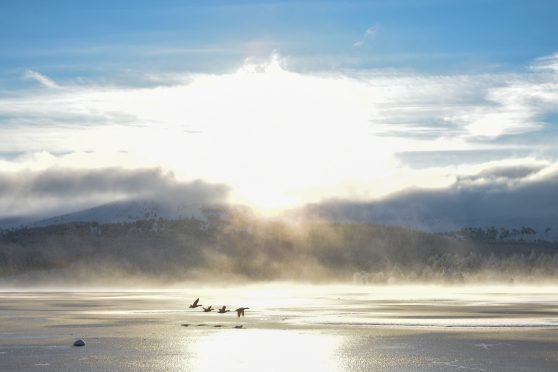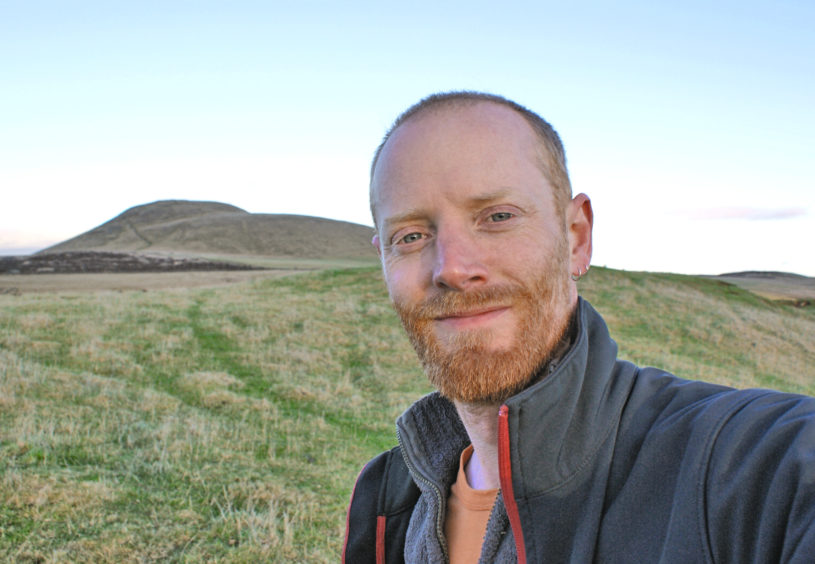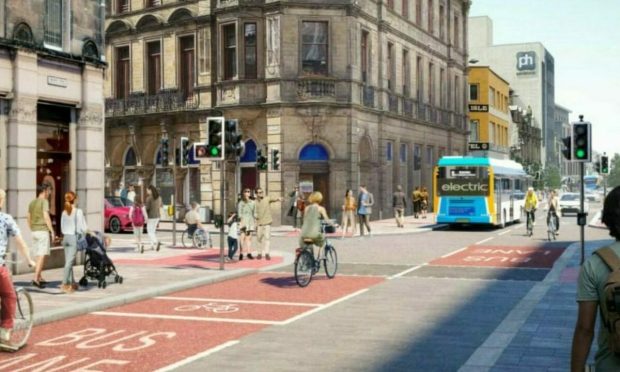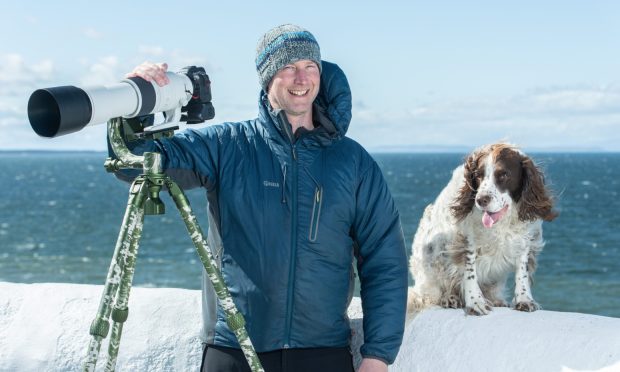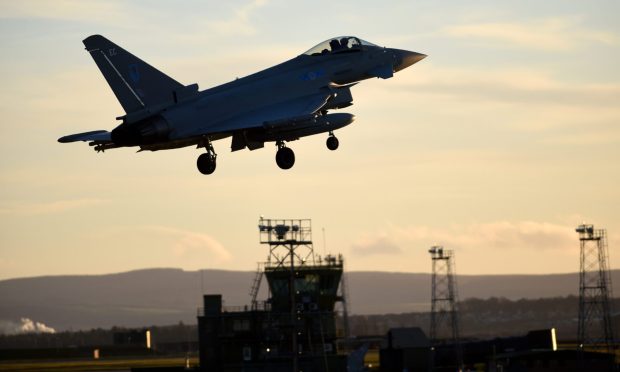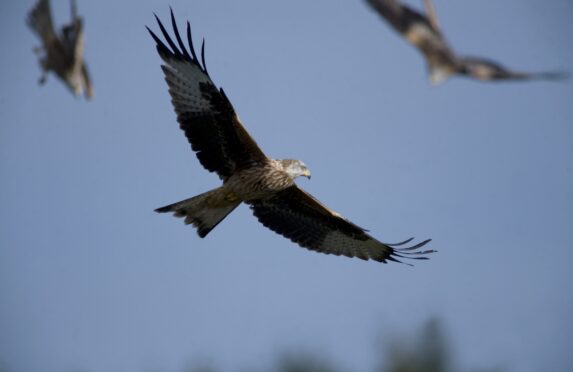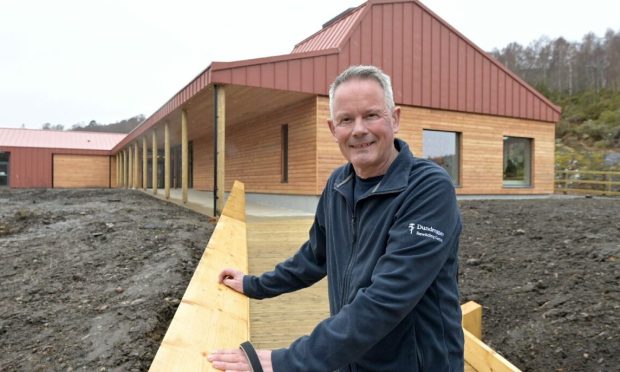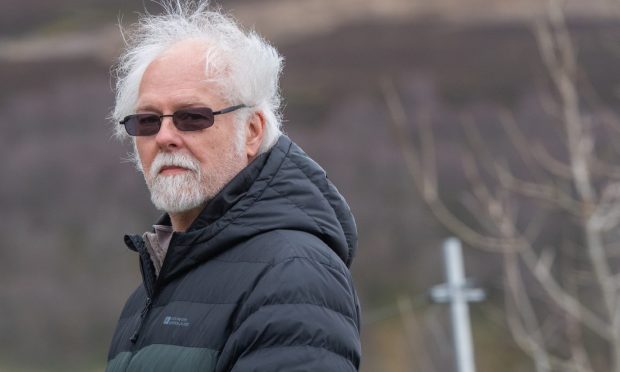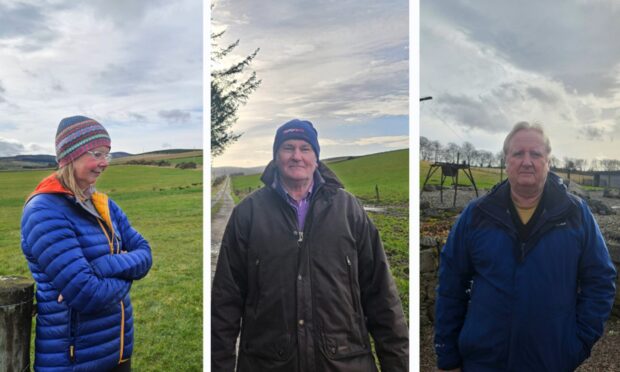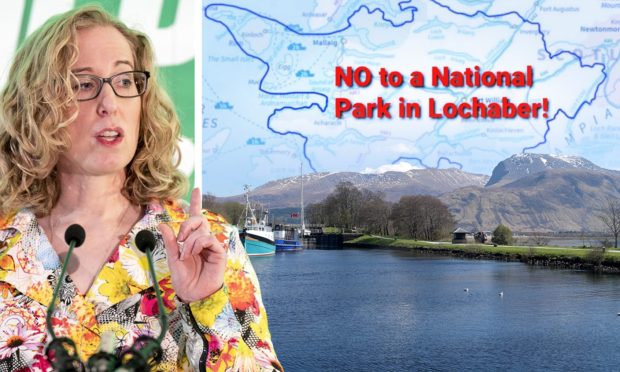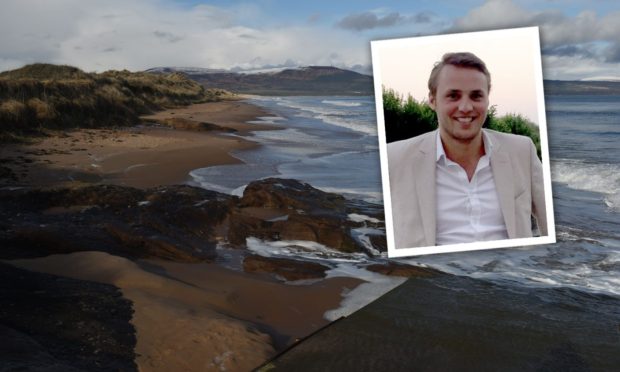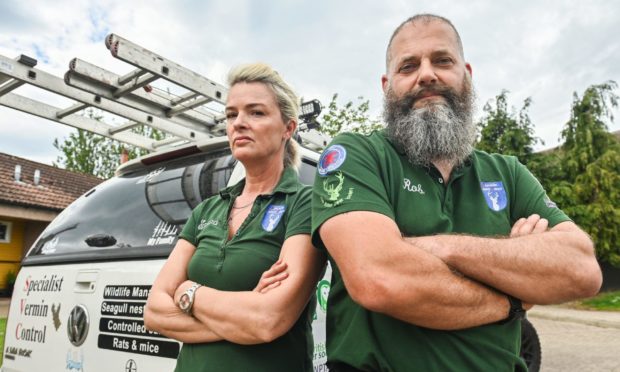I encountered a new word last week, “solastalgia”, and when I looked it up I quickly realised I’d found the perfect word to explain the general malaise I’ve been feeling all winter.
A mix of the Latin words for “solace”, “desolation”and “pain”, “solastalgia” was coined in 2003 by an environmental philosopher, Glenn Albrecht, to describe the loss people feel in the face of adverse environmental change.
The places people inhabit, formerly so comforting and reassuring, can suddenly become unfamiliar and unsettling, leading to unhappiness, stress or even ill health.
Albrecht therefore described solastalgia as “a form of homesickness experienced when you’re at home”, further compounded by a feeling of powerlessness at not being able to reverse the perceived negative changes.
Personally, my experience of solastalgia is my struggle to come to terms with what’s happening to the Scottish winter, as this year in particular I’ve been feeling down about the lack of snow and cold.
December was very mild and January will easily be the mildest I’ve recorded in the 10 years I’ve had my weather station. I stay at almost 1,000ft, but the grass outside hasn’t stopped growing.
The stubborn persistence of mild Atlantic air, high overnight temperatures and strong south-westerly winds – together, they’re the weather equivalent of a hairdryer.
That’s not an unusual set-up in itself, of course. We’ve always experienced lean winters and bountiful winters in equal measure, and balmy temperatures are certainly nothing new.
Indeed, until Achfary in Sutherland set a new record high UK December temperature of 18.7C last month, the previous December record of 18.3°C (at Achnashellach) had stood for 71 years.
Lean years also don’t mean NO snow. As I type, beautiful piccies from the weekend of hills capped with a light dusting are peppering my Twitter feed, coupled with excited comments like “Does it get better than this?”
Well actually yes, it does. Or at least it should. “Dustings” of snow in deep midwinter constitute the kind of winters I left behind in Wales two decades ago, 350 miles to the south.
More what you’d expect from Scottish autumn, not Scottish winter.
The promise of decent winter weather on the hills was one of the main reasons for making Scotland my home, but as I write this, just before midnight, mild air is spilling around record high pressure, wind speeds are increasing and it’s 11C in Sutherland.
The hairdryer is on. Again. And so, despite a few heavy falls this winter, snow has been transitory even on the hills, with little chance for it to accumulate.
The occasional poor year at altitude used to be just that, a poor year. I’d be disappointed, sure, but I’d make the most of it and reassure myself that the next year would be better. And usually it was.
But last winter was poor as well with the mildest February I’ve recorded, and by some margin.
2016-17 was also poor, with the mildest December I’ve recorded.
And with three lean winters out of the last four, I’m wondering whether this is the new normal? Perhaps in these modern winters, merely cosmetic dustings are things I should actually be grateful for?
We could just be in a temporary cluster of mild winters I suppose, but it doesn’t FEEL like it, and I don’t think I’m alone in thinking so.
Something IS changing, and my malaise therefore doesn’t stem from simple disappointment at not getting to do what I enjoy in just one or two given years.
It’s more elemental than that, and it’s cumulative. With every successive poor winter, my unease is compounded and the winter hills are losing their appeal.
This year, even when there has been some excellent walking weather when I could have enjoyed brown snowless hills under a blue sky, I just couldn’t bring myself to head out in conditions like that.
Not because the walking itself wouldn’t have been enjoyable or there weren’t magnificent experiences to be had, but more for the overriding sense of sadness and loss I’d have felt.
It’s all I’d be able to think about, that nagging voice saying “This isn’t how it’s supposed to be!” It’s a bit like not wanting to return to the house where you grew up because you know it’s gone to ruin, and seeing it would make you sad.
And so this winter I’ve mainly stayed low, pootling about in forests or on the Fife Pilgrim Way, and I barely recognise myself as a result.
As the senior vice-president of the Aspen Skiing Company recently wrote in the LA Times, on how climate change will likely affect the Winter Olympics, “rising temperatures are threatening not just what we do, but who we are”.
In my head I’ve accepted the reality of climate change, but actually adjusting to that reality in my heart, of consciously reining in the kind of winter expectations that would have been easily satisfied just 10 years ago, is considerably more difficult.
Loss is grief, after all, and as with any loss this one is going to take me a while to come to terms with.
Ben Dolphin is an outdoors enthusiast and president of Ramblers Scotland
